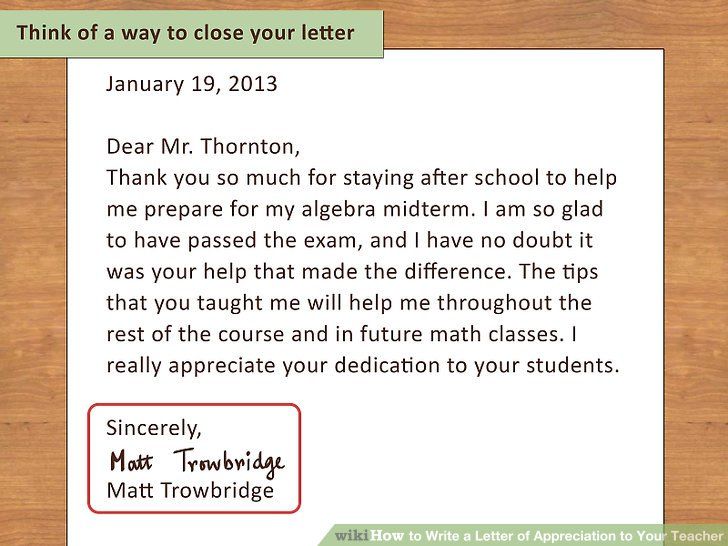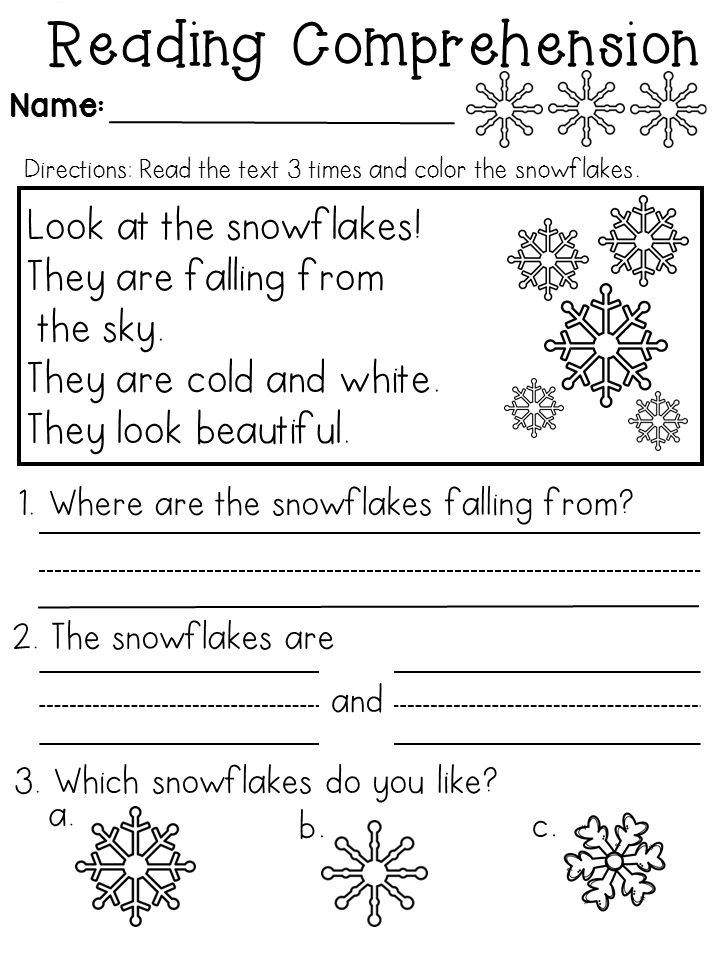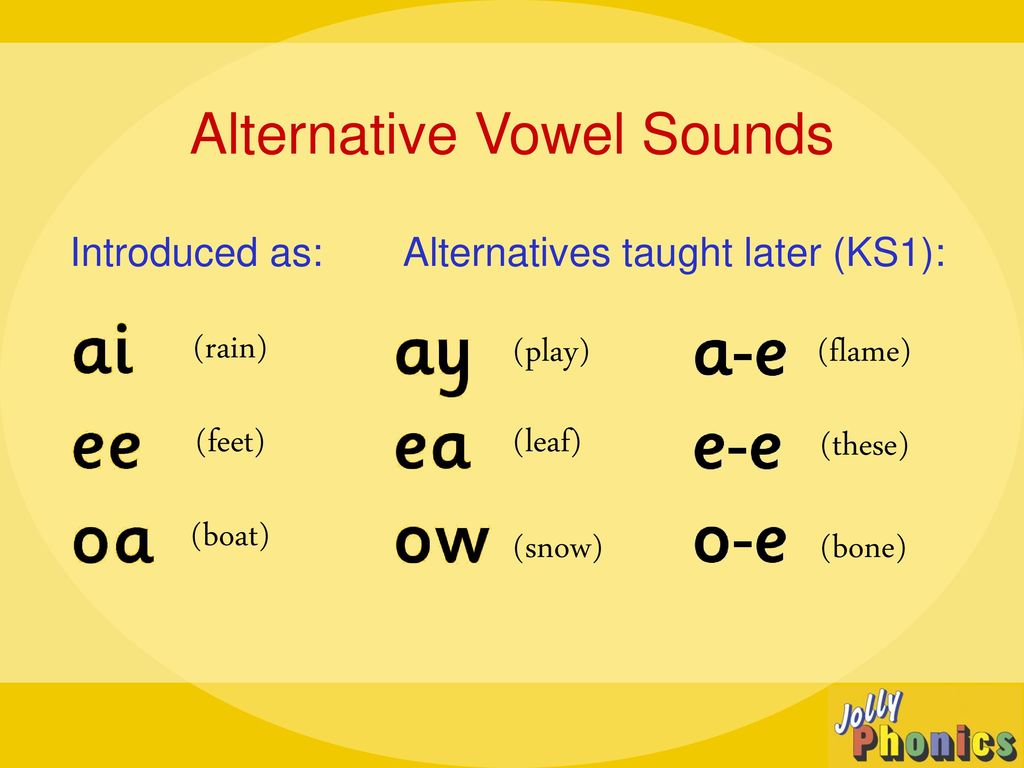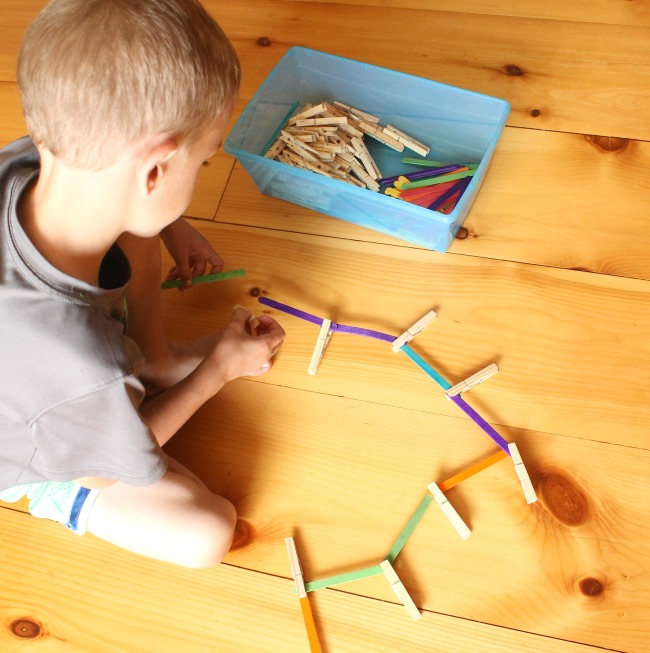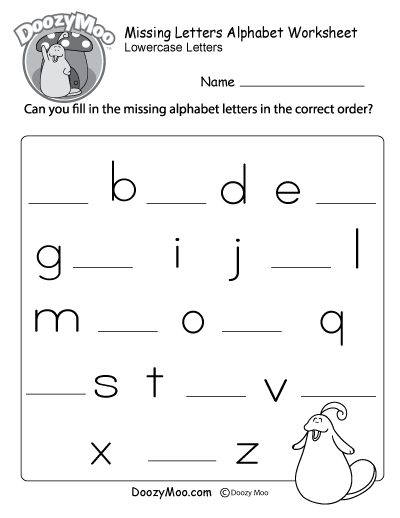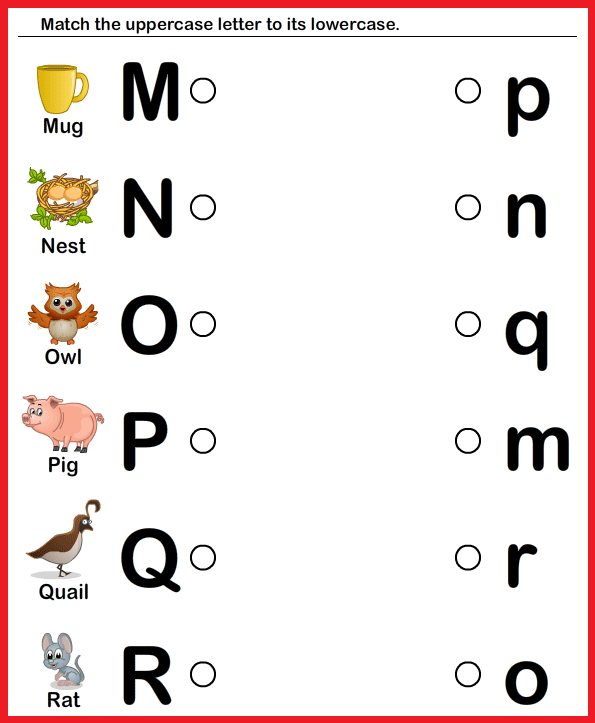Word list kids
The Basic Spelling Vocabulary List
By: Steve Graham, Karen R. Harris, Connie Loynachan
This list was created to help teachers know which spelling words should be taught to kids in grades 1–5. The list contains 850 words that account for 80 percent of the words children use in their writing — the ones they need to be able to spell correctly.
This list was devised to help educators know which spelling words should be taught to children. The list contains 850 words that account for 80 percent of the words children use in their writing — the ones they need to be able to spell correctly.
Mastering this relatively small corpus of words yields a high rate of return. For example, the most common 1,000 words are used 13 times more frequently than the next most common 1,000 words. It also provides teachers flexibility in planning spelling instruction, providing an opportunity to give children the "basics" while supplementing with other spelling words germane to classroom activities.
Grade level for each word was determined based upon difficulty, pattern of occurrence in children's writing across grades, and grade placement on current vocabulary lists and spelling materials.
Words that children have difficulty spelling correctly are marked with an asterisk.
Grade 1 | |||
|---|---|---|---|
| a | fat | like* | sat
|
Back to Top
Grade 2 | |||
|---|---|---|---|
| about* | father* | lives | set |
Back to Top
Grade 3 | |||
|---|---|---|---|
| able | even | mind | spelling |
Back to Top
Grade 4 | |||
|---|---|---|---|
| across | during | mountain | sure* |
Back to Top
Grade 5 | |||
|---|---|---|---|
| although | different* | planet | suddenly
|
Back to Top
Graham, S.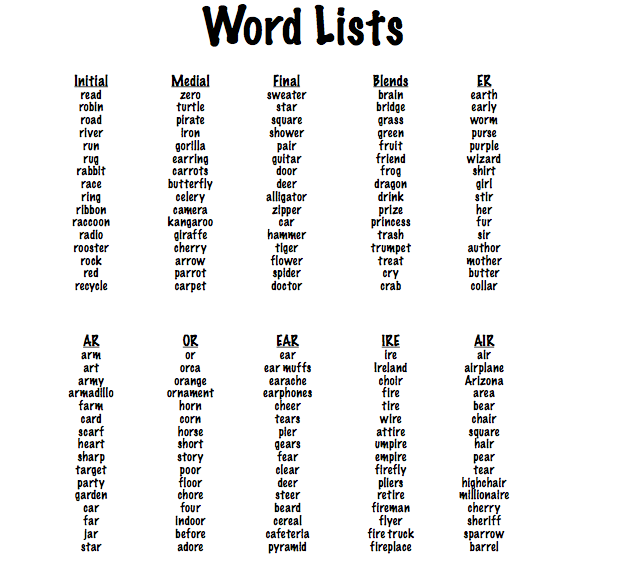 , Harris, K.R. and Loynachan, C. (1993). The Basic Spelling Vocabulary List. Journal of Educational Research 86(6) 363-368.
, Harris, K.R. and Loynachan, C. (1993). The Basic Spelling Vocabulary List. Journal of Educational Research 86(6) 363-368.
Reprints
You are welcome to print copies for non-commercial use, or a limited number for educational purposes, as long as credit is given to Reading Rockets and the author(s). For commercial use, please contact the author or publisher listed.
Related Topics
Early Literacy Development
Spelling and Word Study
Vocabulary
Writing
New and Popular
100 Children’s Authors and Illustrators Everyone Should Know
A New Model for Teaching High-Frequency Words
7 Great Ways to Encourage Your Child's Writing
All Kinds of Readers: A Guide to Creating Inclusive Literacy Celebrations for Kids with Learning and Attention Issues
Screening, Diagnosing, and Progress Monitoring for Fluency: The Details
Phonemic Activities for the Preschool or Elementary Classroom
Our Literacy Blogs
Comprehension Instruction That Really Helps — Teaching Cohesion
Kids and educational media
Meet Ali Kamanda and Jorge Redmond, authors of Black Boy, Black Boy: Celebrating the Power of You
Get Widget |
Subscribe
English vocabulary for kids | Wordlist
wordlist
Topic List
Unit Wordlist
Wordlist A-Z
learning and teaching resources
Here you will find a list of 432 English words that appear in the Vocabulary section collected in one, easy-to-access, easy-to-search place.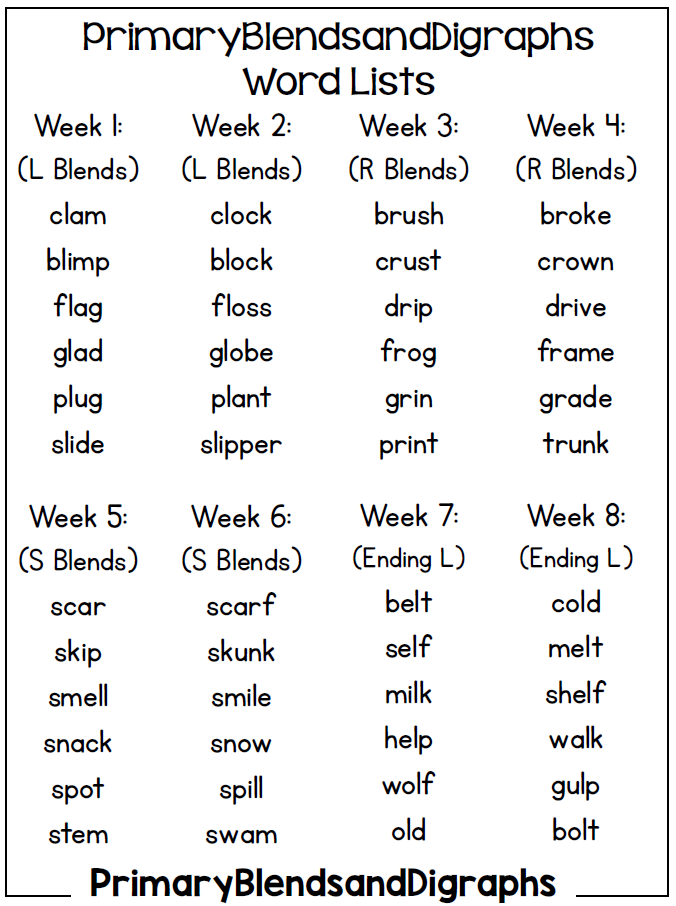 Scroll down to explore!
Scroll down to explore!
Wordlist
The full wordlist below gives you an easy access to all items included in the Vocabulary section. Words are sorted by topic, unit, and by letter of the alphabet. The wordlist is divided into three sublists to help you find the word (or topic) you want to learn and practise:
Topic list
links to topic-based vocabulary units sorted alphabetically
Unit wordlist
words for each topic listed alphabetically unit by unit
Wordlist A-Z
words organised by letter of the alphabet
topic list
Links to all topic-based vocabulary units sorted alphabetically.
- a - e
- autumn
- bathroom
- body
- christmas
- clothes
- colours
- domestic animals
- drinks
- easter
- f - k
- family
- feelings
- food
- fruits
- furniture
- halloween
- halloween animals
- insects
- kitchen
- l - t
- living room
- occupations
- pencase
- pets
- school
- sport
- spring flowers
- summer
- time
- t - w
- town
- toys
- transport
- valentine's day
- vegetables
- verbs
- weather
- wild animals
- winter
unit wordlist
Words for each topic listed alphabetically unit by unit.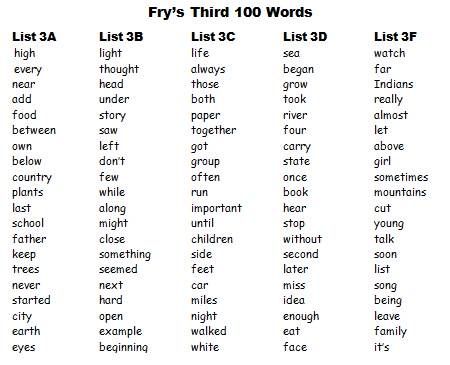
- autumn »
- acorns, apple, chestnuts, flower, hedgehog, leaves, mushroom, pear, pumpkin, rain, squirrel, umbrella
- bathroom »
- bath, brush, comb, mirror, shampoo, shower, sink, soap, sponge, toothbrush, toothpaste, towel
- body »
- body, ear, eye, feet, hair, hand, head, legs, mouth, neck, nose, tooth
- christmas »
- angel, ball, bell, chain, Christmas tree, elf, gingerbread, holly, present, Santa Claus, star, stocking
- clothes »
- blouse, cap, coat, dress, jacket, scarf, shirt, shoes, skirt, socks, sweater, trousers
- colours »
- black, blue, brown, green, grey, orange, pink, purple, red, violet, white, yellow
- domestic animals »
- cat, cow, donkey, duck, goat, goose, hen, horse, pig, rabbit, sheep, turkey
- drinks »
- beer, cocktail, cocoa, coffee, juice, kefir, lemonade, milk, soda, tea, water, wine
- easter »
- basket, bunny, cake, catkin, chick, daffodil, duckling, Easter egg, hen, lamb, lily, spring
- family »
- aunt, baby, brother, daddy, family, grandma, grandpa, mummy, parents, pets, sister, uncle
- feelings »
- angry, bored, cold, happy, hot, sad, scared, shy, sleepy, surprised, tired, worried
- food »
- bread, buns, butter, cake, cheese, chips, egg, hamburger, ice cream, pizza, sandwich, sausages
- fruits »
- apple, banana, cherry, grapes, lemon, orange, peach, pear, pineapple, plum, strawberry, watermelon
- furniture »
- armchair, bed, bookcase, chair, cupboard, desk, drawers, shelf, sofa, stool, table, wardrobe
- halloween »
- ghost, goblin, haunted house, mask, monster, moon, mummy, pumpkin, scarecrow, skeleton, vampire, witch
- halloween animals »
- bat, cat, crow, frog, lizard, moth, mouse, owl, snail, snake, spider, wolf
- insects »
- ant, bee, beetle, butterfly, centipede, dragonfly, fly, grasshopper, ladybird, mosquito, moth, worm
- kitchen »
- cooker, cup, fork, fridge, kettle, knife, mug, pan, plate, pot, spoon, teapot
- living room »
- armchair, carpet, clock, curtains, fireplace, lamp, phone, picture, plant, sofa, table, TV set
- occupations »
- cook, doctor, driver, farmer, fireman, mechanic, nurse, policeman, postman, secretary, seller, teacher
- pencase »
- clips, crayons, eraser, glue, paintbrush, paints, pen, pencil, ruler, scissors, sharpener, tape
- pets »
- canary, cat, dog, ferret, fish, hamster, lizard, mouse, parrot, pony, rabbit, turtle
- school »
- board, book, calculator, classroom, diploma, globe, map, notebook, pencase, schoolbag, student, teacher
- sport »
- athletics, basketball, boxing, cycling, fencing, figure skating, football, hockey, skiing, speed skating, swimming, tennis
- spring flowers »
- anemone, bluebell, crocus, daffodil, daisy, freesia, iris, lilac, lily, snowdrops, tulip, violet
- summer »
- ball, crab, hat, hot, ice cream, sandcastle, shell, sun, sunflower, sunglasses, tent, umbrella
- time »
- one, two, three, four, five, six, seven, eight, nine, ten, eleven, twelve o'clock
- town »
- bank, church, cinema, gas station, hospital, library, museum, post office, restaurant, school, supermarket, theatre
- toys »
- ball, balloons, blocks, board game, boat, car, doll, drum, kite, plane, teddy bear, train
- transport »
- bike, boat, bus, car, helicopter, lorry, motorcycle, plane, scooter, ship, train, van
- valentine's day »
- birds, chocolate, cupcake, cupid, flower, gift, heart, kiss, puppy, ring, sweets, valentine
- vegetables »
- cabbage, carrot, cauliflower, celery, cucumber, leek, lettuce, onion, parsley, peas, potato, tomato
- verbs »
- cry, drink, eat, read, run, sing, sit, sleep, smile, talk, think, write
- weather »
- cloud, cold, frost, hail, hot, rain, rainbow, snow, storm, sun, warm, wind
- wild animals »
- crocodile, elephant, giraffe, hippo, kangaroo, kiwi, lion, rhino, seal, snake, tiger, zebra
- winter »
- cap, cold, icicles, mittens, scarf, skate, ski, sledge, snow, snowball, snowflake, snowman
wordlist a - z
Words organised by letter of the alphabet.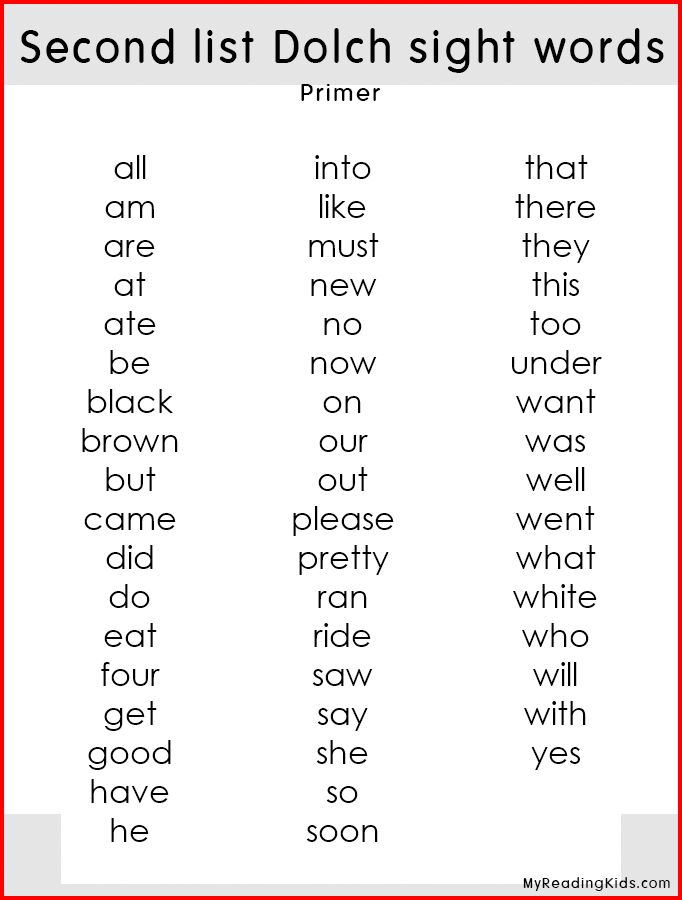 Select the word you want to practise. It will take you to the vocabulary unit where that word appears.
Select the word you want to practise. It will take you to the vocabulary unit where that word appears.
- E
- ear
- Easter egg
- eat
- egg
- eight
- elephant
- eleven
- elf
- eraser
- eye
- F
- family
- farmer
- feet
- fencing
- ferret
- figure skating
- fireman
- fireplace
- fish
- five
- flower (autumn)
- flower (Valentine's Day)
- fly
- football
- fork
- four
- freesia
- fridge
- frog
- frost
- G
- gas station
- ghost
- gift
- gingerbread
- giraffe
- globe
- glue
- goat
- goblin
- goose
- grandma
- grandpa
- grapes
- grasshopper
- green
- grey
- H
- hail
- hamster
- hair
- hamburger
- hand
- happy
- hat
- haunted house
- head
- heart
- hedgehog
- helicopter
- hen (domestic animals)
- hen (Easter)
- hippo
- hockey
- holly
- horse
- hospital
- hot (feelings)
- hot (summer)
- hot (weather)
- I
- ice cream (food)
- ice cream (summer)
- icicles
- iris
- J
- jacket
- juice
- K
- kangaroo
- kefir
- kettle
- knife
- kiss
- kite
- L
- ladybird
- lamb
- lamp
- leaves
- leek
- legs
- lemon
- lemonade
- lettuce
- library
- lilac
- lily (Easter)
- lily (spring flowers)
- lion
- lizard (Halloween animals)
- lizard (pets)
- lorry
- M
- map
- mask
- mechanic
- milk
- mirror
- mittens
- monster
- moon
- mosquito
- moth (Halloween animals)
- moth (insects)
- motorcycle
- mouse (Halloween animals)
- mouse (pets)
- mouth
- mug
- mummy (family)
- mummy (Halloween)
- museum
- mushroom
- N
- neck
- nine
- nose
- notebook
- nurse
- O
- one
- onion
- orange (colours)
- orange (fruits)
- owl
- P
- paintbrush
- paints
- pan
- parents
- parrot
- parsley
- peach
- pear (autumn)
- pear (fruits)
- peas
- pen
- pencase
- pencil
- pets
- phone
- picture
- pig
- pineapple
- pink
- pizza
- plane (toys)
- plane (transport)
- plant
- plate
- plum
- policeman
- pony
- post office
- postman
- pot
- potato
- present
- pumpkin (autumn)
- pumpkin (Halloween)
- puppy
- purple
- V
- valentine
- vampire
- van
- violet (colours)
- violet (spring flowers)
- W
- wardrobe
- warm
- water
- watermelon
- white
- wind
- wine
- witch
- wolf
- worm
- worried
- write
- Y
- yellow
- Z
- zebra
Checking and expanding vocabulary
The user is not authorized.
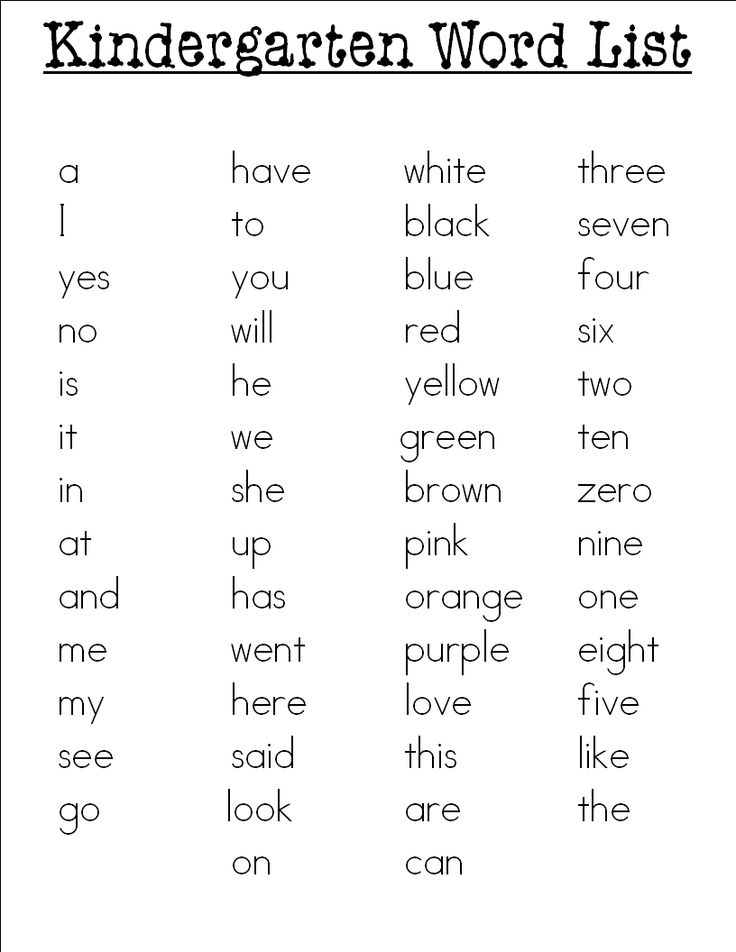
First level of exercises available Vocabulary testing and expansion - Teaching letters and alphabets to preschool children. Alphabet, Russian letters
Expansion of the vocabulary of children 3-6 years old - learning to read online
It's no secret that children often read badly just because they don't understand words that smart adult uncles use in the text. This raises two difficulties - read the word itself, and it can be long, and secondly, understand what was read and remember what it means.
For those kids who have not yet learned how to link letters into words and made this training. At the first stage, you need to memorize three-letter words, and a little later - four-letter. At the same time, it is important to remember that this game is primarily for replenishment. vocabulary, and not on the speed of solving the puzzle. That is, exercise necessary with an adult and if the child does not understand the words, then the adult is simply obliged explain its meaning.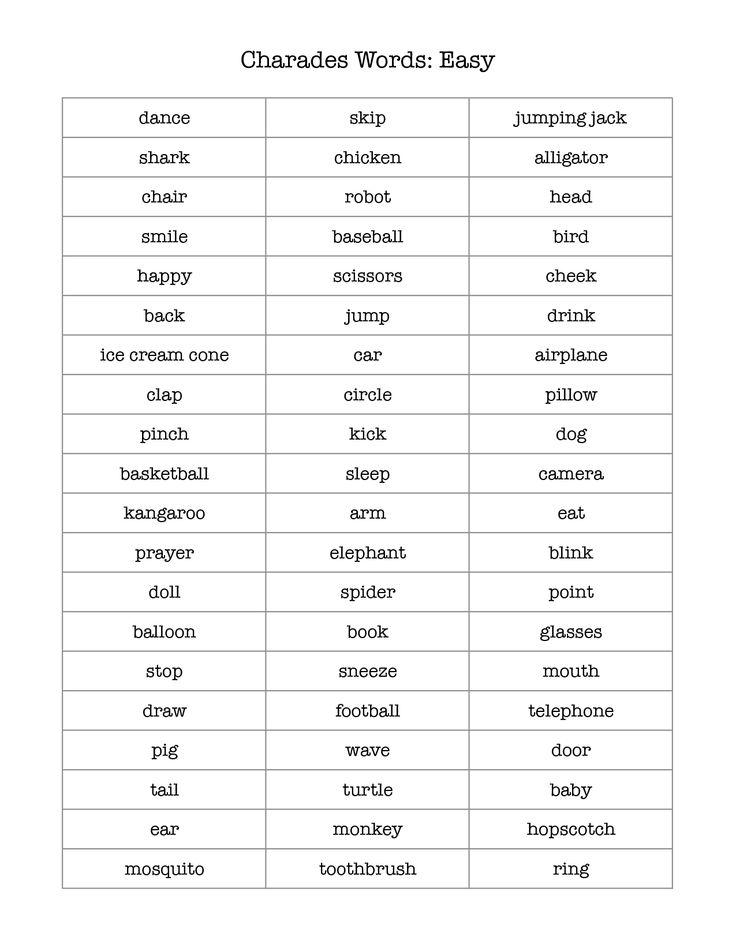
How does vocabulary help children prepare better for university entrance? school
The more vocabulary a person has, the easier he can formulate thoughts. Remember that there is a rule that they meet a person by clothes, but follow the mind. At present, both clothes and mind are determined by the dictionary reserve man
Millet just play games on my site for five to ten minutes each day and in a playful way teach your child to read. Remember that children cannot time to work hard. Children learn only through play.
How to choose the time for classes
There is this recommendation:
If you want to be successful and not discourage your child from learning, make each session a game when he is active, alert and in good mood.
This is a highly controversial recommendation.
The kid quickly understands that as soon as it opens primer, then it will be boring, and he won’t be able to see the TV set. The mood spoils, occupation comes from under the stick.
How to choose the right words for reading
Not all children understand how to put letters into words correctly. for them the letters are just icons that don't represent anything. Why do adults want certain things from them? actions, children do not understand. And, at some point, the children understand what it is letters and how words can be formed from them. Just for such children, I collected simulators and games.
In this simulator you will need to read simple words and choose the right picture that represents the word. First come simple words, consisting of three letters, then more difficult and long. The task I set was to collect the words, with all letters of the Russian alphabet.
Learning to read by playing online
Determine the child's vocabulary
Words for reading should be given from what is already known thesaurus (dictionary) of the child.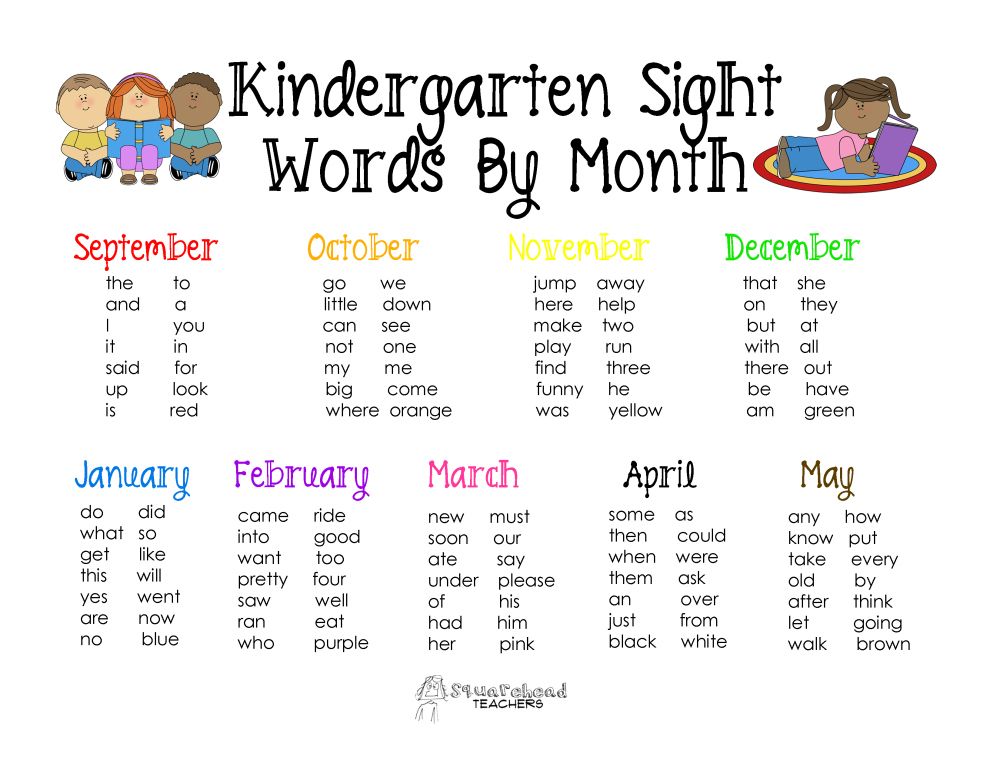
The child operates with words related to people:
mother, father, woman, grandfather (if he is still alive - if not, then we exclude from the list), aunt, uncle, Vasya, Nastya, Sergey, Lena, Kolya - all names parents, brothers and sisters.
The child can describe the surrounding kitchen utensils:
spoon, mug, plate, soup, tea, cube, water, drink,
Adding tasty words for boys to the dictionary
Lego, robot, tank, pistol, helmet, car, truck, gun, defense, attack, football...
A, for girls - words for girls
beauty, princess, girl...
Adding fairy tale characters and toy names to the dictionary
Luntik, Aibolit, MoyDodyr, Shapoklyak...
If the kid watches American cartoons, then add the main characters of these cartoons
Other games
Reading sentences
Find a pair of letters
Find a pair of syllables
Five pictures
Nadi letter
Words - wheels
Search for the word
Keyboard
Find a couple of words
Locate in the letters
Set of phrases on the keyboard
Slovaria
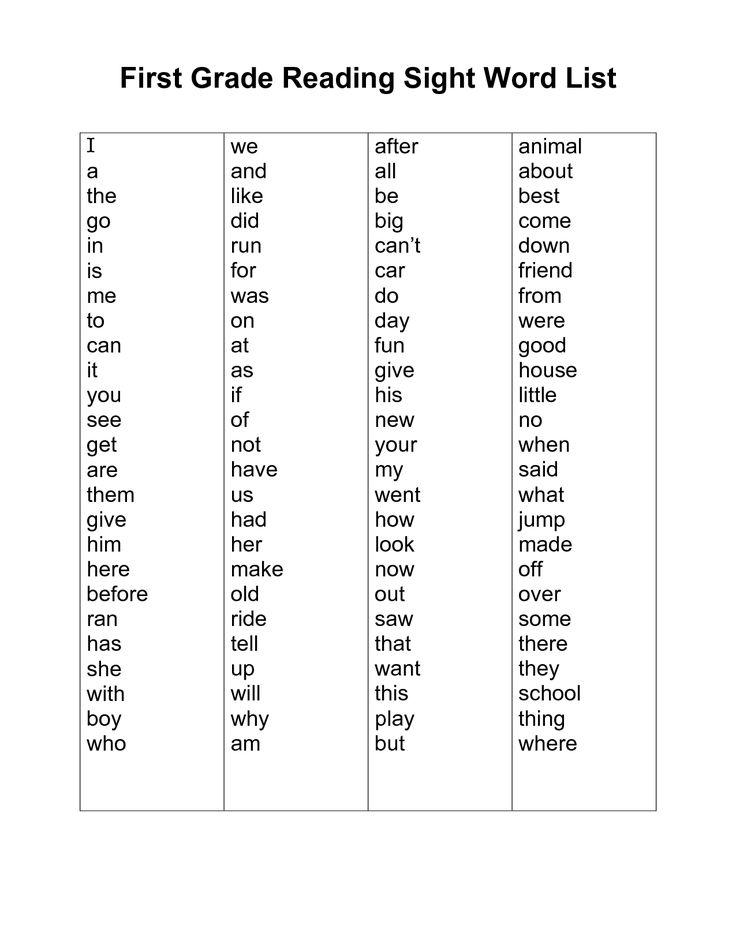 Learning to read in games
Learning to read in games Why does a kid forget letters, although he learned them yesterday
Usually, a child easily memorizes some letters, and not so others. The role of an adult in celebrating what his ward does not succeed in and giving additional tasks.
Another important thing is regularity. Since for the child all learning is frankly, cramming and repetition, then the process of classes should be such that information was repeated at regular intervals.
Ebbinghaus (read more about this on Wikipedia) studied how quickly people forget meaningless information for this person and came to the conclusion that in the first twenty minutes, 40% of the information is forgotten. And if it is impossible to say exactly what it means this or that letter, then this is tantamount to the fact that the letter is completely unfamiliar. Must be unequivocal 100% recognition.
Repeat, repeat, repeat
For example, you are training warehouses (syllable, combination of letters) TO , and the child more or less learned to recognize and read the combination.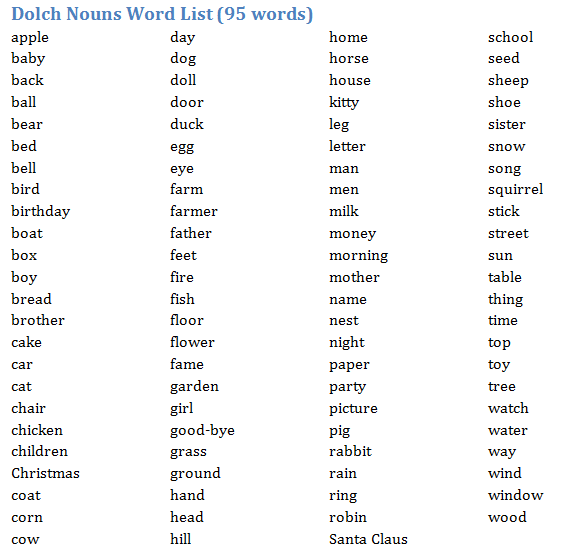 Add the syllable BUT to the tasks, and ask to read words helping to read unfamiliar more child letters. However, the child can click on the syllables himself and listen to how the computer is reading.
Add the syllable BUT to the tasks, and ask to read words helping to read unfamiliar more child letters. However, the child can click on the syllables himself and listen to how the computer is reading.
co r zi at
pa on the ma
su to no
The program has a vocabulary of the present word 900 words and will pick up with ease words with the necessary syllables (syllables).
Note
See if the child understands the meaning of the words. The dictionary in the program is selected in a special way - so that all combinations of letters needed for training come across. Therefore, the word may be unfamiliar. For example, the word SUKNO has been added to the dictionary since this word includes the SU warehouse.
Note
If you have any ideas for expanding the dictionary, then I will gladly include your dictionary to the existing one.
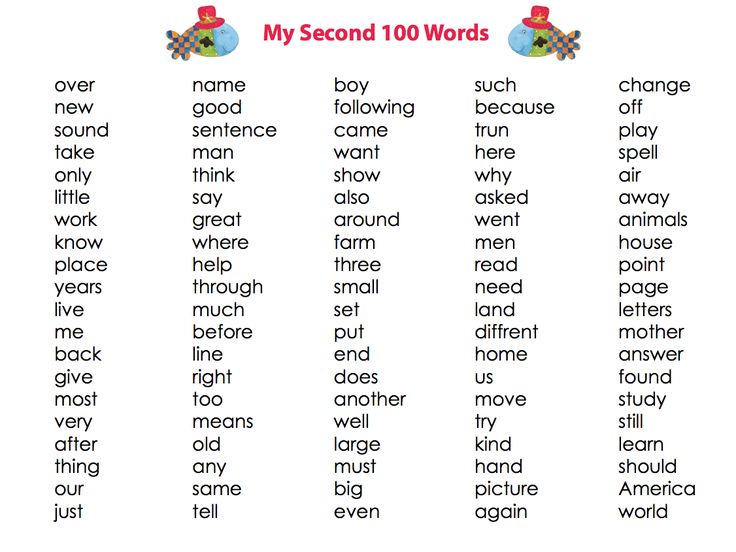
Learn the secrets of teaching your child to read at home.
- Which words should be read first
- How to encourage a child to study with zeal
- How to teach a child to read clearly and clearly
- Why children read MeAMeA
- How Leo Tolstoy taught children. Why did he criticize the Germans?
- The child reads slowly. What to do?
- The child knows the letters, but cannot read, what to do?
- How to save on training courses.
Determination of a child's readiness for learning
sentences and could express his thoughts, and more or less - distinctly pronounce sounds.
How long does it take to practice?
The duration of each lesson should not exceed 5 minutes, as children early age are not yet capable of longer concentrated actions.
How to choose the time for classes
There is this recommendation:
If you want to be successful and not discourage your child from learning, make each session a game when he is active, alert and in good mood.
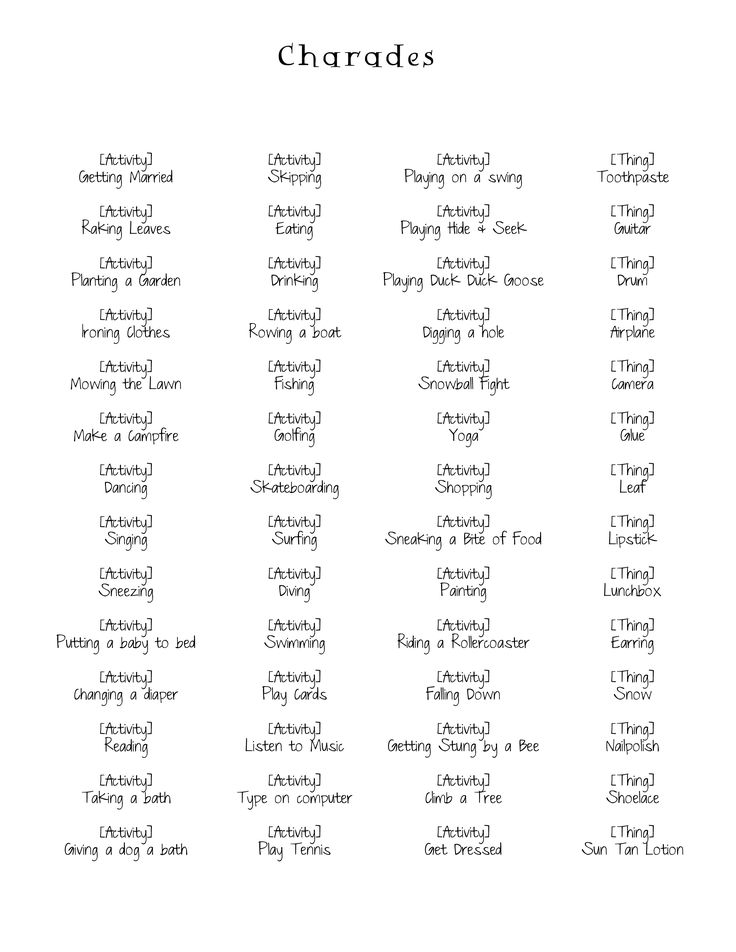
This is a highly controversial recommendation. The kid quickly understands that as soon as it opens primer, then it will be boring, and he won’t be able to see the TV set. The mood spoils, occupation comes from under the stick.
Here are the simple rules for organizing classes:
- Classes must be periodic. Short enough for your son or daughter engaged enthusiastically.
- There should be a reward at the end.
- The kid must clearly understand what he needs to do this time.
I RECOMMEND!
I recommend reading Karen Pryor's book Don't Grow at the Dog, in order to to understand how to train... oh, train a child.
In short, put only one task. ONLY ONE! As soon as it turns out what you wanted - leave the lesson. For example, you want the child to clearly uttered the tongue twister "in the yard - grass, on the grass - firewood." Explain to the child that you need to clearly and clearly say the words slowly and articulately.
If he speaks on the first try. All! lessons are over.
In our case, clearly explain how many exercises he has to do this time! And don't give any more quests.
Teaching reading to children 3,4,5,6 years old in a playful way. Acquaintance with letters, alphabet, correct pronunciation, simple texts for reading
English words on the topic Children ✔️ Lexics with transcription, voice acting
- Category : People (PEOPLE)
- Podkategoria : Stages of Life (Life Stages)
- : Children (BABIS) For you, we have prepared a table with a list of English words on the topic "Children".
Words voiced - listen to American or British pronunciation and then repeat to remember.
Words translated into Russian and provided with transcription in the American and British versions.
Words are divided into blocks by difficulty levels from A1 to C2 - select and apply the desired filter.
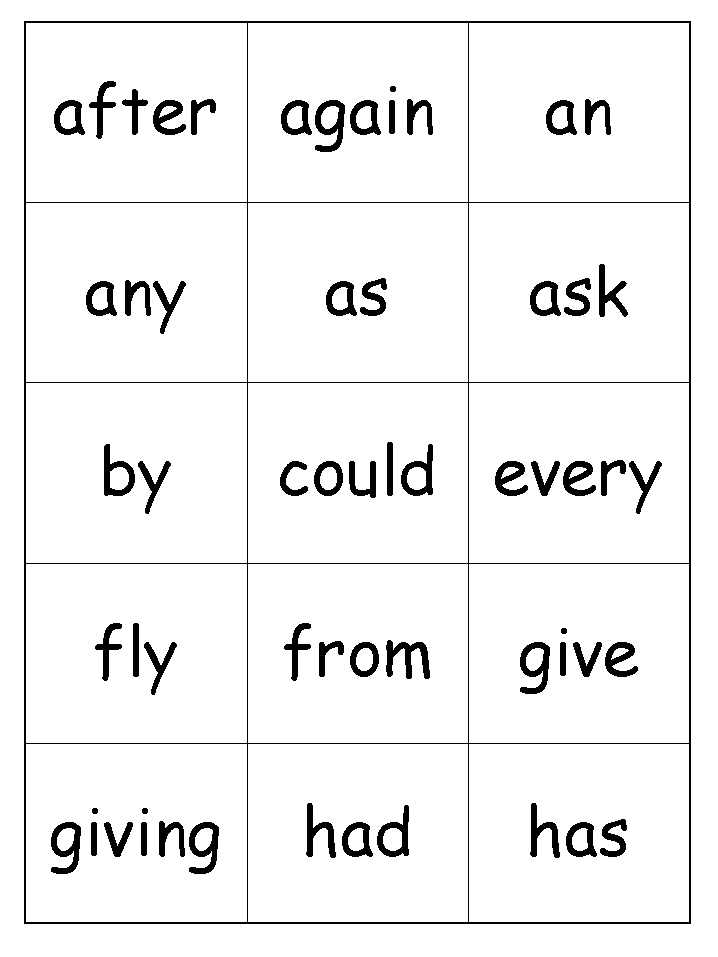 Levels A1 - A2 are suitable for beginners, B1-B2 for intermediate level, C1 - C2 for advanced level.
Levels A1 - A2 are suitable for beginners, B1-B2 for intermediate level, C1 - C2 for advanced level. The table contains the most commonly used words on the topic "Children". you can download the table in PDF format and print , for example, to prepare for exams, the exam, the exam. Amer.
British transcription Listen Amer. accent Listen Brit. accent subject level babynoun baby /ˈbeɪbi/ /ˈbeɪbi/ Amer. accent int. accent children a1 baby buggy accent int. accent children c2 babyhood0307 amer. accent int. accent Children c1 bottle accent int. accent children b2 bottle-feed accent UK accent Children c1 breastfeedverb accent int. 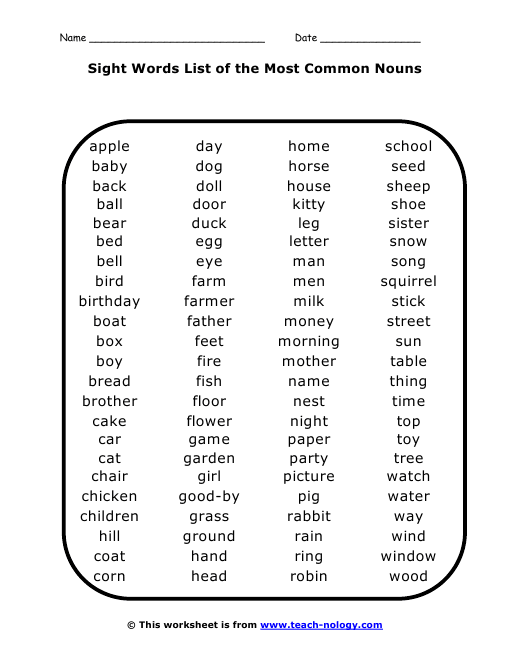 accent
accent children c1 buggy accent int. accent children c2 carrycotnoun carrycot /ˈkærikɑːt/ /ˈkærikɒt/ accent int. accent children c2 cotnoun cot /kɑːt/ /kɒt/ 903 mer. accent int. accent children c1 cradlenoun cradle /ˈkreɪdl/ /ˈkreɪdl/ Amer. accent int. accent Children c1 crawl verb crawl /krɔːl/ /krɔːl/ Amer. accentint. accent Children c1 cribnoun baby cot /krɪb/ /krɪb/ amer.903 accent int. accent children c1 diapernoun diaper accent int. 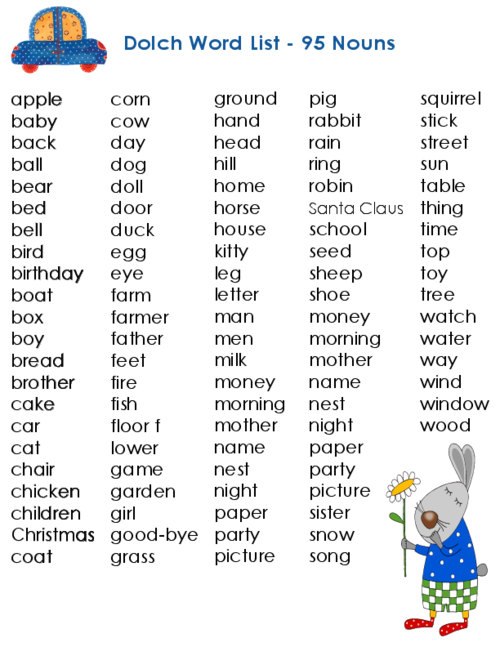 Accent
Accent Children C1 Diaper Rash Estient Tolence / ˈDAɪPər Ræʃ / / ˈDAɪPə Ræʃ / AMER. accent int. accent children c2 dummynoun teat /ˈdʌmi/ /ˈdʌmi/ Amer. accent int. accent children c2 feednoun feeding /fiːd/ /fiːd/ amer. accent int. Accent Children B2 Incubatorstare Incubator / ˈɪŋKJUBEɪTər / / ˈɪŋKJUBEɪTə (R) / AMER. accent UK accent children c2 infancynoun infancy /ˈɪnfənsi/ /ˈɪ6 amer accentint. accent children c1 infantnoun infant /ˈɪnfənt/ /ˈɪаnfənt/ 903. 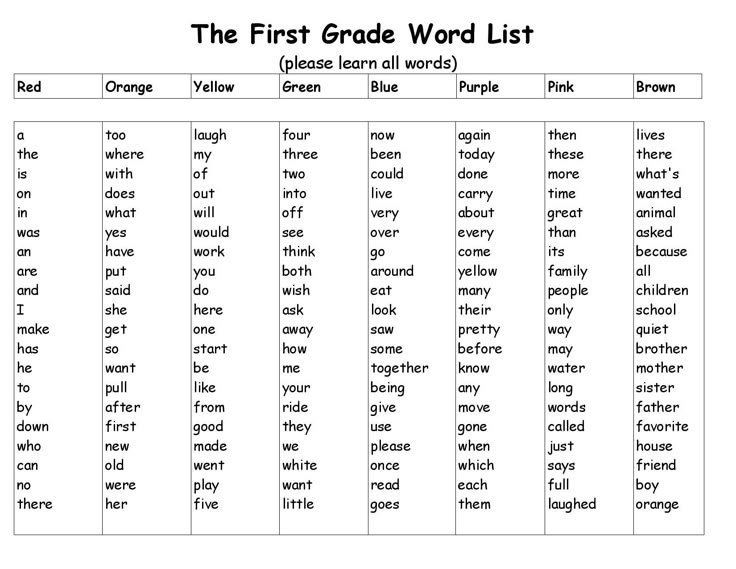 06 accent
06 accent int. accent children c1 lullabynoun Lullaby song accent int. accent children c2 nappynoun diaper /ˈnæpi/ /ˈnæpi/ mer. accentint. accent children c1 nappy rashnoun diaper rash /ˈnæpi ræʃ/ /ˈnæpi ræʃ/ Amer. accent int. accent children c2 neonate accent int. accent children c2 newborn accent UK Accent Children C1 PATERNITY LEAVETENTION CARE Care for father / Pəˈtɜːrnəti Liːv / / Pəˈtɜːnəti liːv / 9030 anomer. accent int. accent Children c1 pramnoun pram /præm/ /præm/ amer. 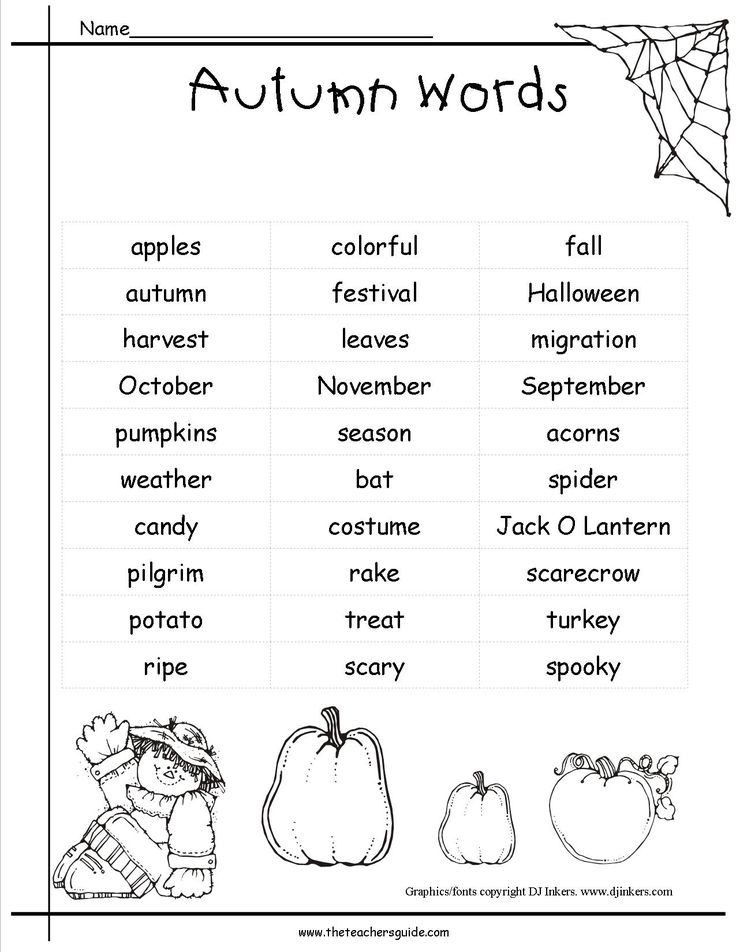 accent
accent int. accent Children c2 pushchairnoun stroller /ˈpʊʃtʃer/ /ˈpʊʃtʃeə(r)/ 903. accent int. accent children c2 rompersnoun rompers /ˈrɑːmpərz/ /ˈrɒmpə07 accent int. accent Children c2 SIDSnoun sudden infant death syndrome /ˌes aɪ diː ˈes/ /sɪdz/ amer. accent int. accent children c2 sleepsuitnoun overalls /ˈsliːpsuːt/ /ˈsliːpsuːt/ /ˈsliːpsuːt/ measure03.07 accent int. accent Children c2 soother pacifier /ˈsuːðər/ /ˈsuːðə(r)/ Amer. accent int. Accent Children C2 Spoon-FEEDGOLAGOL FORNED from a spoon / ˈSPUːN FIːD / 9030 / ˈSPUːN FIːD /AMER. 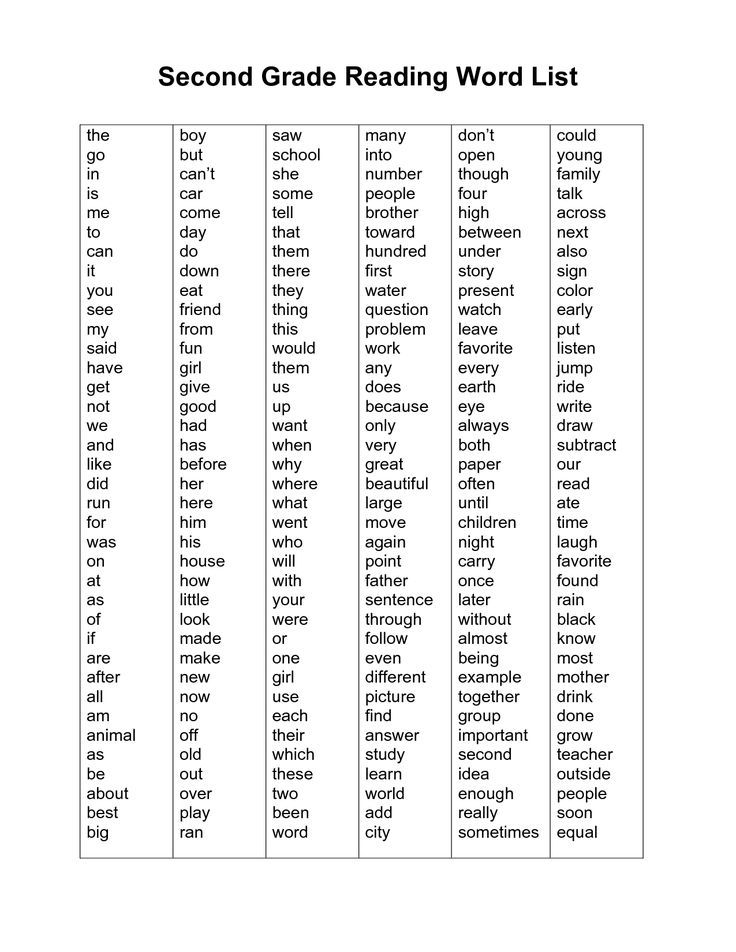 accent
accent int. accent Children c2 strollernoun light baby carriage accent UK accent Children c2 suckle verb breastfeed /ˈsʌkl/ /ˈsʌkl/ accent int. accent children c2 sucklingnoun breastfeeding /ˈsʌklɪŋ/ /ˈsʌklɪŋ7 accent int. accent Children c2 teetheverb erupt /tiːð/ /tiːð/ accent int. Accent Children C2 Test-Tube Baby-Economicity Child from the test tube / ˈTest tuːbi / / ˈTest tjuːb beɪbi / 9030 accent int. accent children c2 toddleverb waddle, wander, walk /ˈtɒdl/ /ˈtɒdl/ Amer. 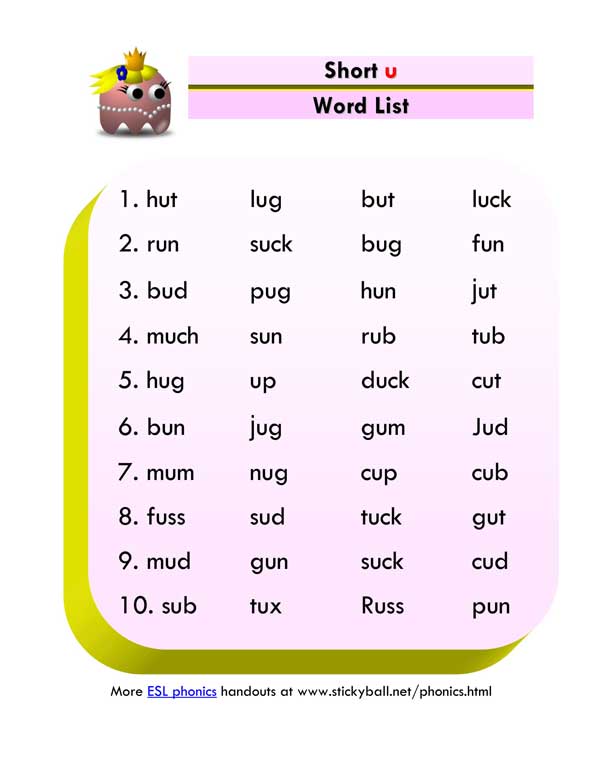 accent
accent int. accent children c2 toddlernoun toddler /ˈtɑːdlər/ /ˈtɒdlər/ 903(r)/ int. accent children c1 walker accent int. accent Children c2 Other collections of vocabulary and similar words from the category Stages of life
Looking for other topics of English words?
See Vocabulary on more than 150 topics at the link - " English words on topics ".
Need a word table in PDF format?
To download the table in PDF format, leave your email in the form below and within 2 minutes you will receive an email with a link to the file.
How to effectively learn and memorize words in the free application from Skyeng
- Download words in Excel file format in the form below.
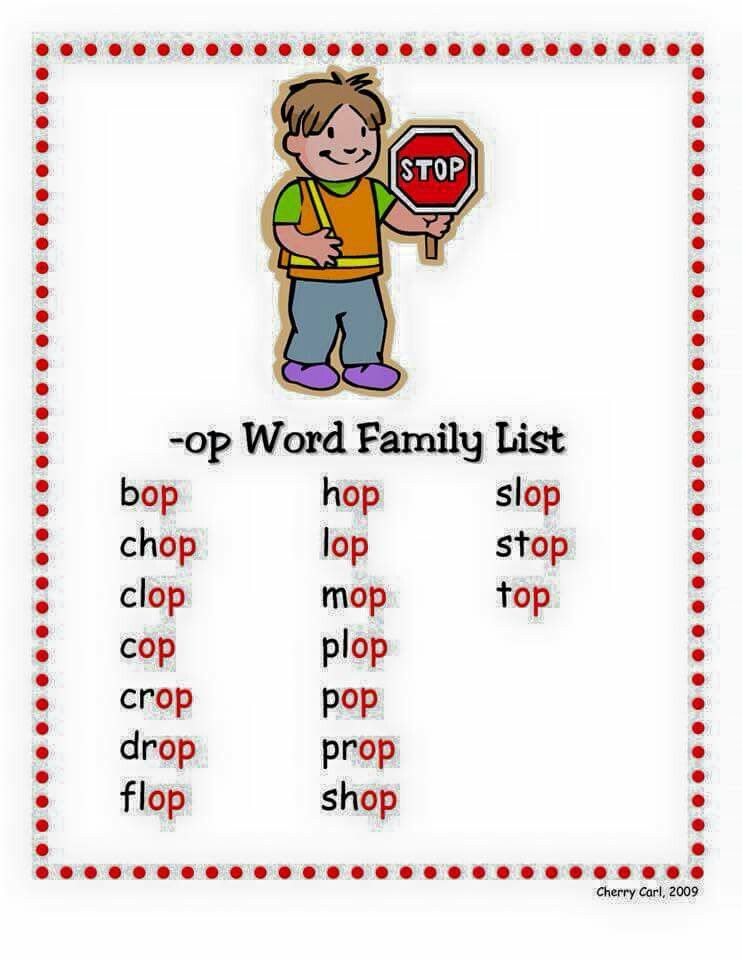
- Download words in Excel file format in the form below.

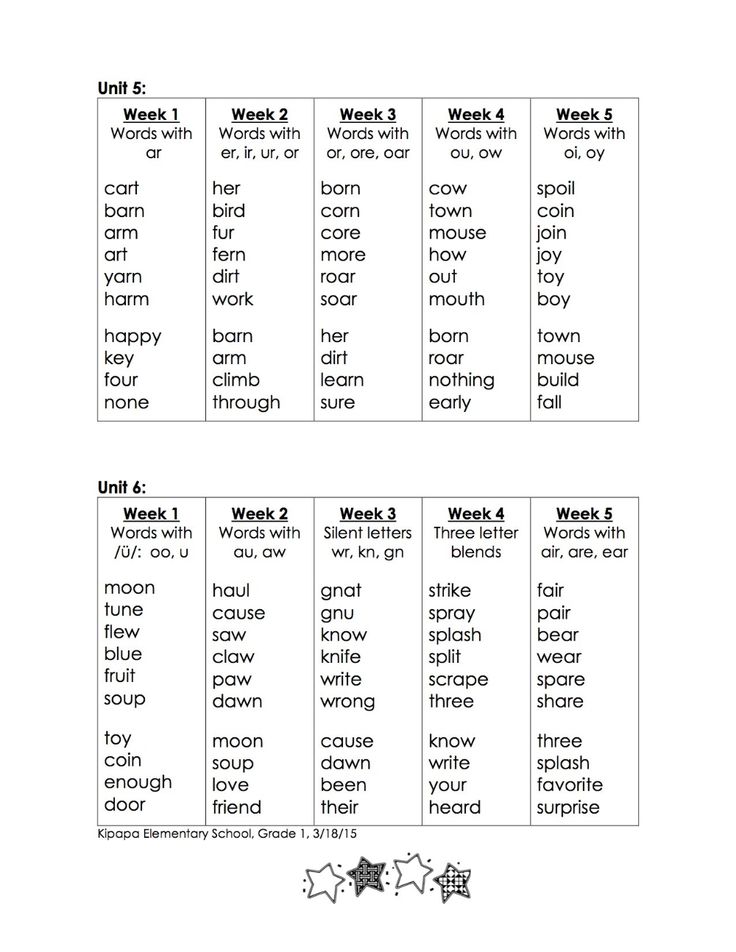 *
*